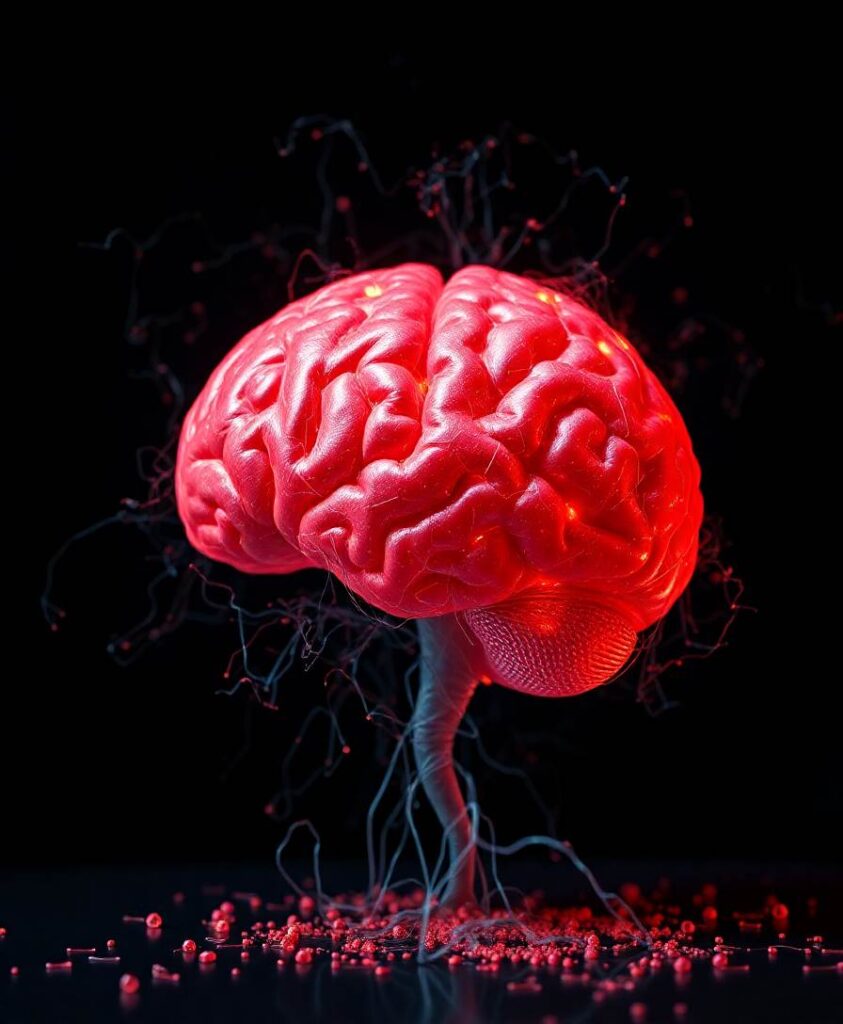Tucked within our neural networks, a microscopic drama unfolds that challenges decades of understanding about memory loss. Researchers at Purdue University have discovered something profound: our brain’s immune cells might become compromised not by external invaders, but by internal fat accumulation.
Neuroscience has long viewed Alzheimer’s through the lens of protein plaques—those sticky molecular tangles disrupting brain communication. This new research shifts our perspective, revealing how cellular metabolism and immune function intertwine in ways we’re only beginning to comprehend. The brain’s guardians—microglia—can become overwhelmed when saturated with excess lipids, rendering them ineffective at protecting neural pathways.

This breakthrough signals more than another scientific observation. It represents a fundamental reimagining of neurological health, suggesting our everyday metabolic choices might profoundly influence cognitive resilience. By understanding how fat accumulation impacts brain immunity, we open pathways toward prevention and potential intervention strategies that could transform our approach to neurodegenerative conditions. What secrets might our cellular ecosystems hold about maintaining cognitive vitality throughout our lives?
For decades, scientists believed Alzheimer’s was driven mainly by sticky protein plaques and tangles in the brain. Now Purdue researchers have revealed a hidden culprit: fat. They found that brain immune cells can become clogged with fat, leaving them too weak to fight off disease. By clearing out this fat and restoring the cells’ defenses, researchers may have uncovered an entirely new way to combat Alzheimer’s — shifting the focus from plaques alone to how the brain handles fat.




